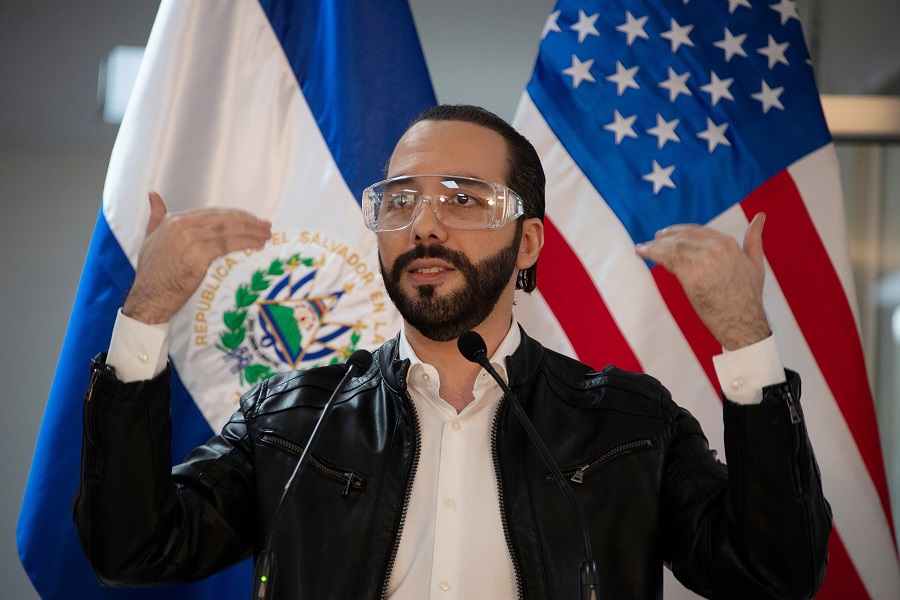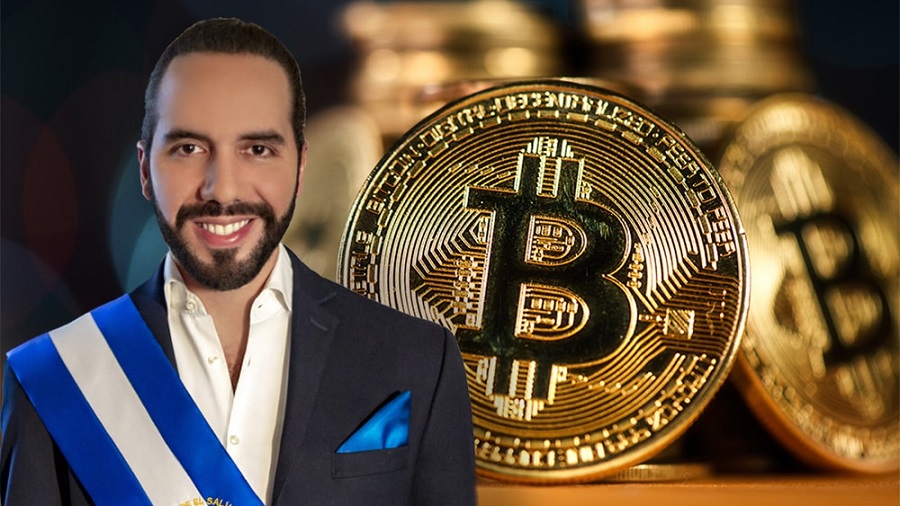El Salvador, the Latin American nation that adopted the Bitcoin standard, making it a legal tender, has postponed its planned $1 billion bitcoin bond offering due to unfavorable market conditions, Finance Minister Alejandro Zelaya said on Tuesday on Salvadoran TV show “Frente a Frente.”
The nation, ran by Bitcoin evangelist, Nayib Bukele, had initially scheduled to launch its Bitcoin bond between March 15-20 but the Russia-Ukraine war and its impact on the price of bitcoin caused the government to change the date, according to Reuters.
“I think this is not the time. There are some moves on the planet,” adding that he prefers the issuance to take place between March and April.” The finance minister stated. “In May and June sometimes you can, but the market variables get different. After September, it is difficult to raise, unless you are previously funded, as in the case of bitcoin bond.”
What you should know
- In November 2021, President Nayib Bukele announced plans to build a “Bitcoin City” funded by the sale of the bonds, which have an annual coupon of 6.5%.
- According to reports, half the funds will be used to accumulate bitcoin (BTC), with the rest earmarked for infrastructure and bitcoin mining powered by geothermal energy.
- According to Zelaya, the bitcoin bond will have a “substantial oversubscription” that could reach $1.5 billion.
- He also mentioned that the bond will be issued not by the government but instead by the state-owned thermal energy company La Geo. He further added that the bond will have a sovereign guarantee provided by the Salvadoran state.
- The government has also not finalized the legal framework needed for technology provider Bitfinex Securities to apply for a license ahead of the bond issue, nor had it issued a so-called “key information document” with disclosures to prospective investors.
Bitfinex mentioned in mid-February that it had calculated about $500 million in soft commitments. El Salvador as previously mentioned, became the first country in the world to adopt bitcoin as legal tender last year, generating criticism from the International Monetary Fund (IMF), which worries the measure could hurt the country’s finances. However, the Latin American nation has gone on despite warnings from the IMF and the nation itself has accumulated approximately 1,801 BTC as at January 2022.























